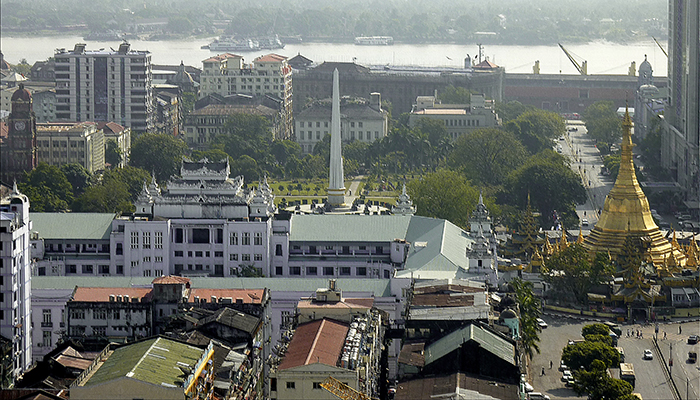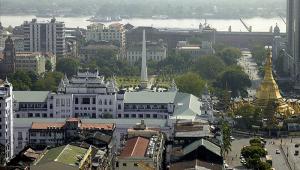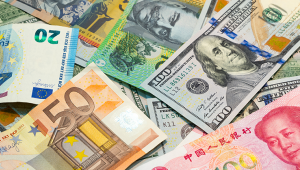web-myanmar-istock-502317710.jpg

Myanmar. Image ©iStock
GDP in the South-east Asian nation is expected to rise by just 1% in the year up to September 2022, the World Bank said in an economic report this week.
Economic activity is constrained by weakened retail supply and demand, fuelled by reduced income stemming from Covid-19 and February’s military coup, the report added.
Mariam Sherman, World Bank country director for Myanmar, Cambodia and Lao, said: “The situation and outlook for most people in Myanmar continues to be extremely worrying.
“Recent trends of escalating conflict are concerning – firstly from a humanitarian perspective but also from the implications for economic activity.
“Moreover, with a low vaccination rate and inadequate health services, Myanmar is highly vulnerable to the Omicron variant of Covid-19.”
The dual shocks have weakened public finances, due to a steep decline in revenues and public spending, alongside increased borrowing needs, the report said.
Over the nine months to June 2021, revenue and spending outturns were only around half of the full-year budget projections, the organisation added.
Tax collection is estimated to have dropped to 4.5% of GDP in FY21, down from 6.9% a year earlier, leading to a forecast deficit of 8.8%, significantly more than the fiscal anchor of 5%.
Slow forecast growth this year, paired with a sharp 18% GDP contraction last year, has seen the nation’s economy shrink by 30%, compared to if Covid-19 and the coup did not occur, World Bank said.
Over the longer term, recent events will weigh on Myanmar’s longer-term growth potential.
Forecast suggests that private investment has fallen markedly, and some previously viable projects are becoming unviable, due to a weakened currency and higher import costs, the report added.
Lost months of education will have substantial longer-term impacts on human capital and productive capacity, World Bank added.
In May, the United Nations said that Covid-19 and the political crisis in Myanmar, are threatening to bring the country to the point of economic collapse, reversing more than a decade of human development gains.
In a study, the UN Development Programme found the combination of political and health crises, could push up to 12 million people into poverty.












